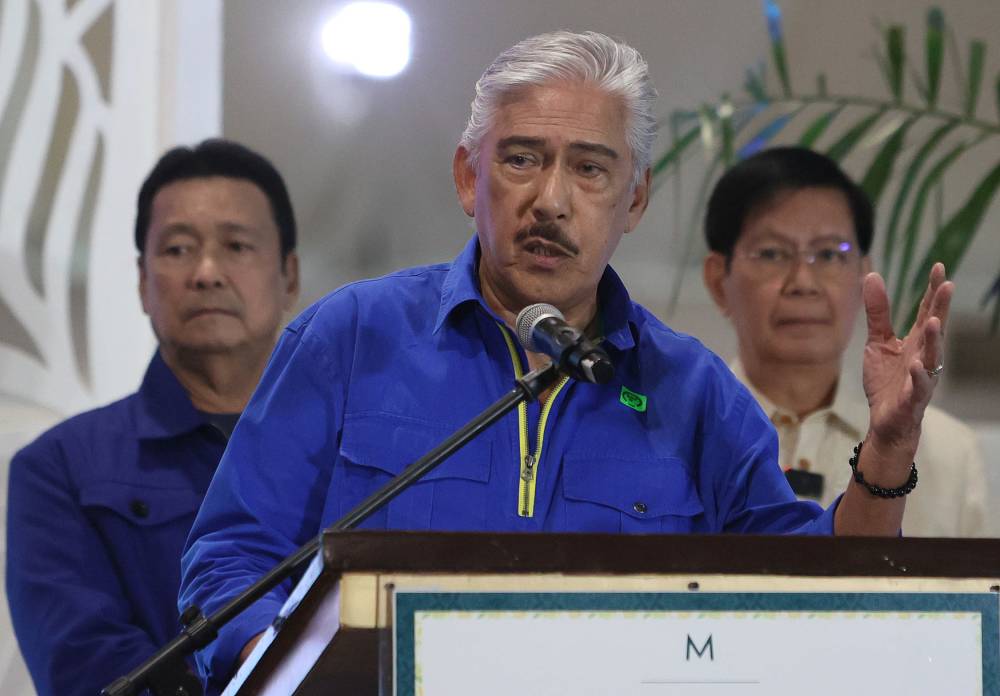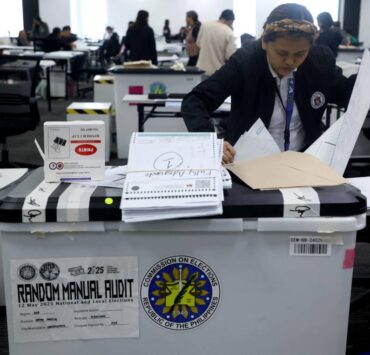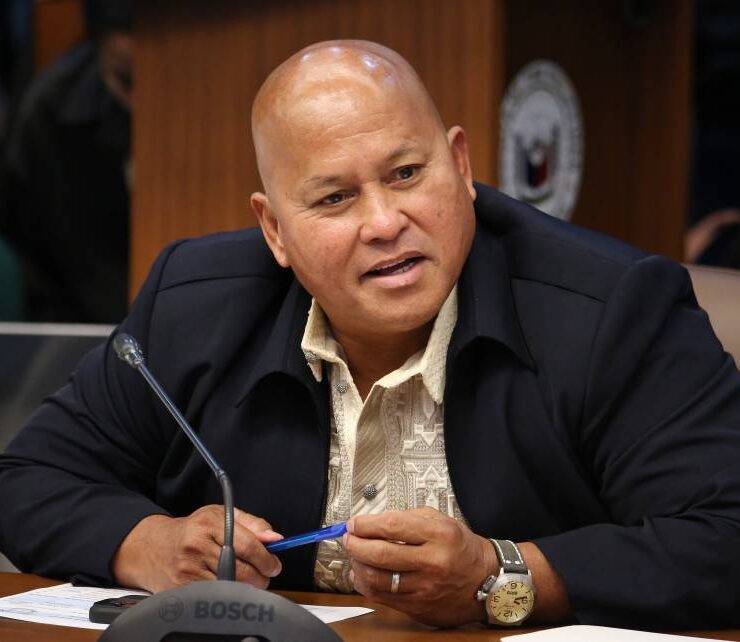Sotto: Senate impeachment court’s remand order ‘flawed’

Senator-elect Vicente “Tito” Sotto III on Friday joined those challenging the legality of the Senate impeachment court’s ruling to remand to the House of Representatives the articles of impeachment against Vice President Sara Duterte—a move that virtually left the proceedings in limbo.
“[The] Senate impeachment court’s decision is flawed!” Sotto said in a Viber message.
Sotto won an unprecedented fifth six-year term as senator in the May 12 midterm elections. He served as the 23rd president of the Senate from 2018 to 2022.
Stinging rebuke
The veteran lawmaker, who had expressed his interest in reclaiming the Senate presidency in the incoming 20th Congress, reminded senators that they must be impartial as member-judges of the impeachment court.
In a stinging rebuke to his incoming colleagues, Sotto said senators should brush up on their knowledge of the Senate impeachment rules.
“A senator-judge cannot file a motion [that he] himself [would act on]. Only the defense and prosecution counsels may do that,” Sotto said.
“Senator-judges,” he added, “can only ask questions for clarification.”
Sen. Ronald “Bato” dela Rosa, one of the most outspoken Duterte supporters in the Senate, had sought the outright dismissal of the Vice President’s impeachment case even before the body could convene as an impeachment tribunal on Tuesday night.
Sen. Alan Peter Cayetano, another known Duterte ally, objected to the motion, but proposed to return the impeachment case to the House and require the lower chamber to certify that it did not violate the constitutional ban on filing more than one impeachment case against an impeachable government official within a year.
A voting then ensued where 18 senator-judges voted for Cayetano’s motion while only five opposed it.
When told that Senate President Francis “Chiz” Escudero, who also heads the impeachment court as presiding officer, had argued that the impeachment rules did not bar senator-judges from initiating the dismissal of the case, Sotto said: “Just because it is not in the rules doesn’t mean they can do it.”
‘Dustbin of history’
“They have already committed an error … They should just leave that in the dustbin of history,” he said.
Sotto said it was the late Sen. Miriam Defensor Santiago who had taught him about the duties and responsibilities of senators in impeachment proceedings during the trial of then President Joseph Estrada in the 11th Congress.
“I suggest the present crop of senators, especially the newer ones, to backread our records and debates in the 11th Congress when the first impeachment was well discussed by (Santiago) and the others,” he said. “Study first before you open your mouth!”
Symbolism of judges’ robes
Sotto, one of the 20 senators who handed down the guilty verdict on impeached Chief Justice Renato Corona in 2012, said senator-judges should understand the importance of wearing a robe.
He said Santiago, a former trial court judge, had explained that the judges’ robes were “a symbol of their authority and impartiality, signifying their role as representatives of the judicial branch and the law.”
“They also represent a tradition of professionalism and institutional integrity, both historically and in present-day courtrooms,” Sotto said.
“Judges wear robes to show they are fair and do not take sides. The robe stands for their role as leaders of the court who follow the law,” he added.
Hands-off policy
In Malacañang, President Marcos said he welcomed a dialogue between the Senate and the House to resolve differences on various issues.
Presidential Communications Office Undersecretary and Palace press officer Claire Castro, however, stressed that Mr. Marcos will not do anything that might be interpreted as intervening in the impeachment process.
“The President believes and trusts that the two chambers can resolve whatever differences they have on certain issues. However, the President is open to a dialogue to advance their cooperation and the stability of democracy in the country,” Castro said at a press briefing on Friday.
Be impartial
But when asked whether the President can arrange the dialogue, Castro replied: “The President does not want to be in a place where he will be accused of meddling in this.”
She urged senator-judges to be impartial.
“Under the law, senator-judges should have neutrality, they should not be biased. Alas, they are openly displaying their biases. We hope they will respect the people and have a little shame in their actions. They serve the people, not just one person,” Castro said. —WITH A REPORT FROM JULIE M. AURELIO





















